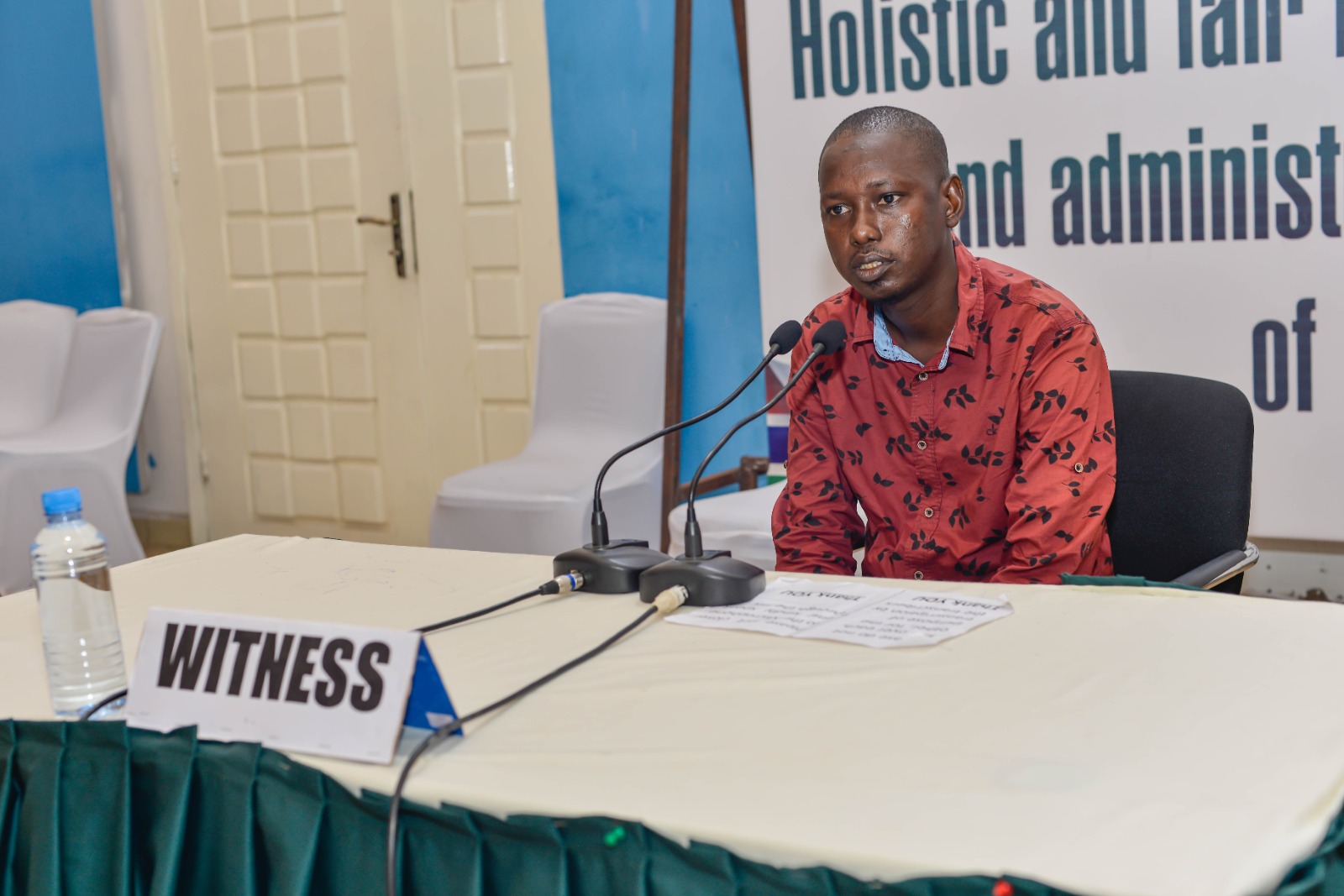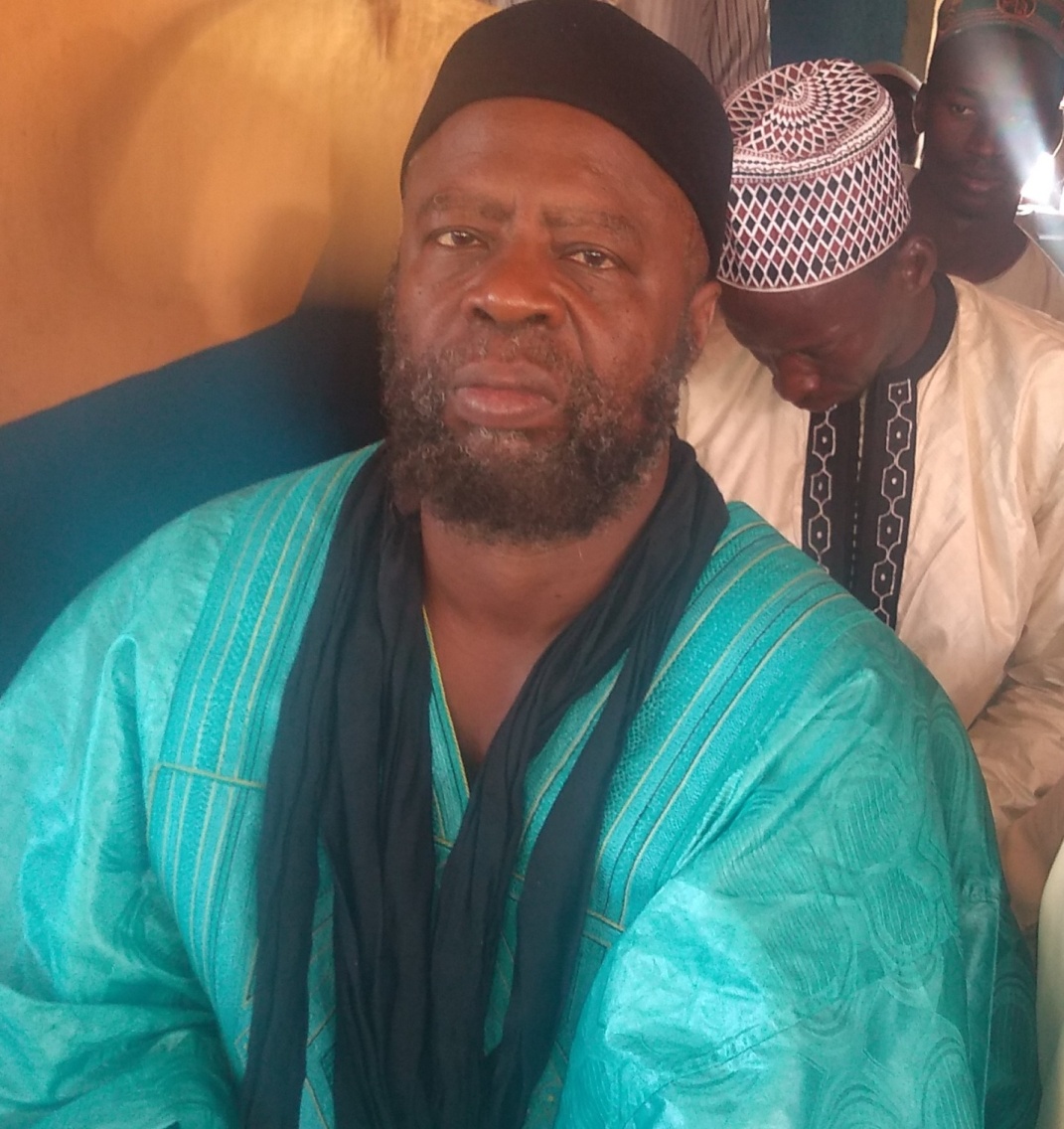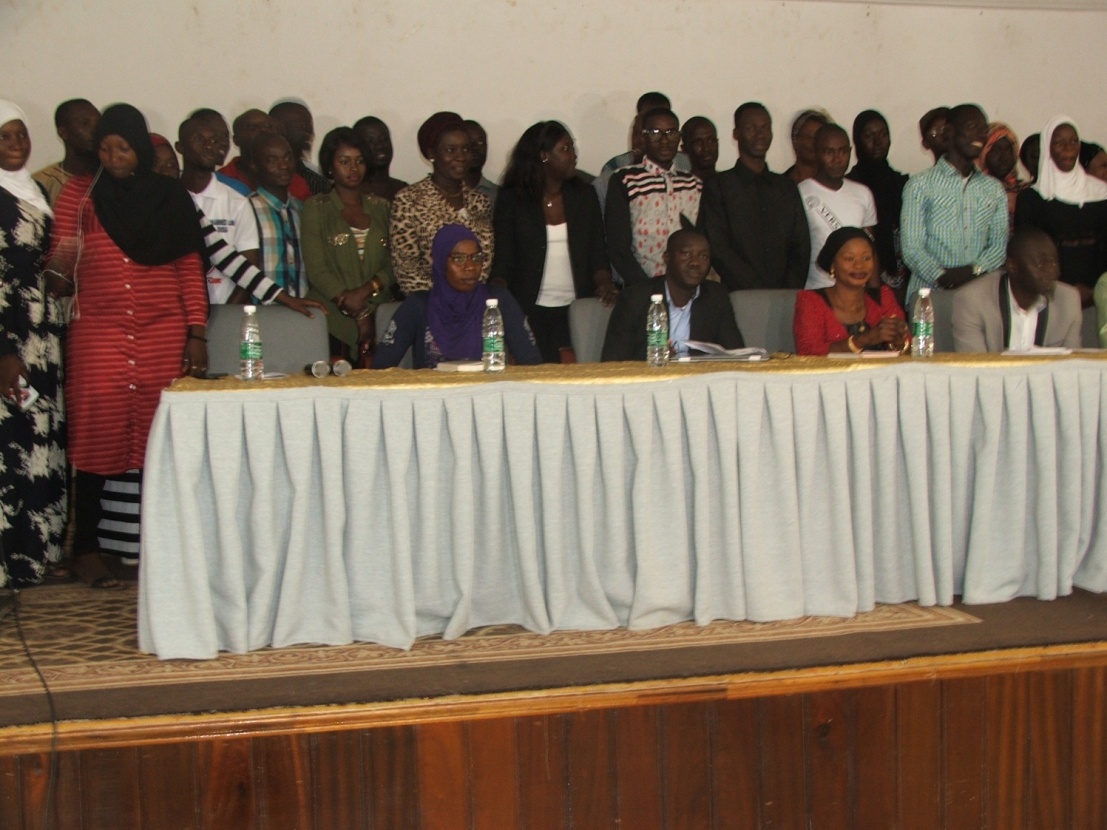By: Mama A. Touray
The procurement clerk at the Basse Area Council (BsAC) has disclosed at the ongoing Local Government Commission of Inquiry that he was dispatched to various banks by the CEO and ex-finance director to withdraw the council’s money.
According to procurement clerk Lamin Jawneh, he withdrew D1.5M of the council’s funds in these errands, adding that the withdrawals were made from the council’s various accounts.
He made this admission when the commission noted from an audit report that he made various withdrawals from the council’s accounts.
Jawneh explained to the commission that on 16 September 2020, he made a D1.2M withdrawal from the BsAC’s Trust Bank account. He said the rest of the withdrawals were made from other accounts.
The witness told the commission that cheques were issued in his name by CEO Ousman Touray and former finance director Baboucarr Kanteh. “Then, I didn’t know the financial implications of doing that. They [CEO Ousman Touray and ex-Finance Director Baboucarr Kanteh] were the ones sending me to do that,” the witness said.
When the commission’s Chairperson Jainaba Bah read out to him some of the details of the transactions, he admitted that the cheques were issued in his name but that he used to hand over the cash to the CEO and former finance director.
“I should’ve not made withdrawals from the Basse Area Council’s account. This was due to a lack of knowledge. I did not know the implication at the time,” Jawneh told the commission.
The witness said he felt he was only taking instructions from his bosses.
However, Deputy Lead Counsel, Patrick Gomez, put to him that his excuse was incomprehensible as he had, at the time, obtained certain qualifications from courses he attended.
“At this point in time, I didn’t know, I didn’t know,” Jawnehrepeated.
He told the commission that his relationship with the ex-finance director wasn’t cordial as they used to differ in opinion on council projects.
Jawneh said he was once told by the erstwhile finance director that he should not have divulged some of the information to the auditors in their audit of the council.
The witness was unable to provide an explanation as to how the monies that he withdrew were spent, insisting that they were handed to the CEO and ex-finance director.
Meanwhile, Jawneh testified that in 2021, BsAC procured motorcycles in a transaction directed by the CEO and the former finance director.
“They said we didn’t have money and they identified someone to supply us until we have money to pay,” the witness said.
Jawneh further testified that in June of 2021, the council purchased a smart television. He said the former chairman of the council, the CEO, and the finance director said the council should buy a smart television and air-conditioner for the itschambers.
The witness also said he was not aware of the procurement of the generator for the finance director’s residence. Many other transactions were brought to his attention by the commission but he denied knowledge of them.
“During the public hearings of this commission, we were able to learn that some of the things we were doing and taking for granted were not correct,” the witness admitted.
Jawneh further admitted to the commission that it was an oversight on his part that he was not signing the documents for procurement. The deputy lead council, however, disagreed as, according to him, the witness already obtained the necessary training in procurement.
“The procurement in the council is not conducted by the procurement unit. This is why there are so many lapses,” the witness said.
Counsel Gomez further told him that he could not be exonerated because even the procurement that he conducted did not follow due process as there was blatant disregard for the procurement rules.
Jawneh, however, informed the commission that contracts at BsAC were usually awarded to contractors before the bid opening. He stated that the bid opening and other process were just formalities but that the reality was that contracts were awarded without due process being followed.




